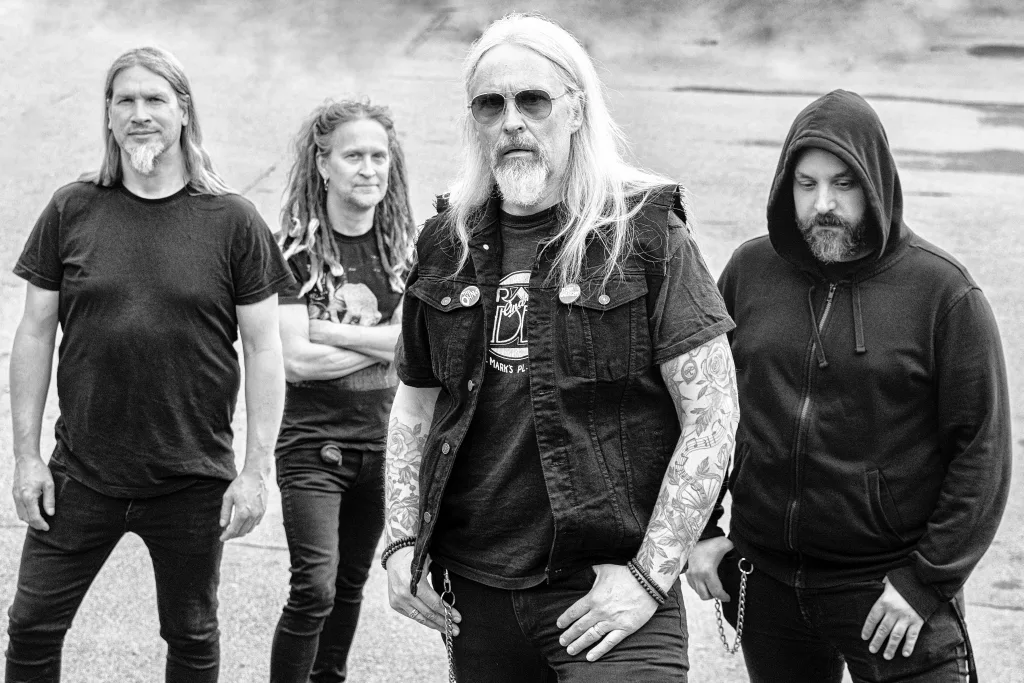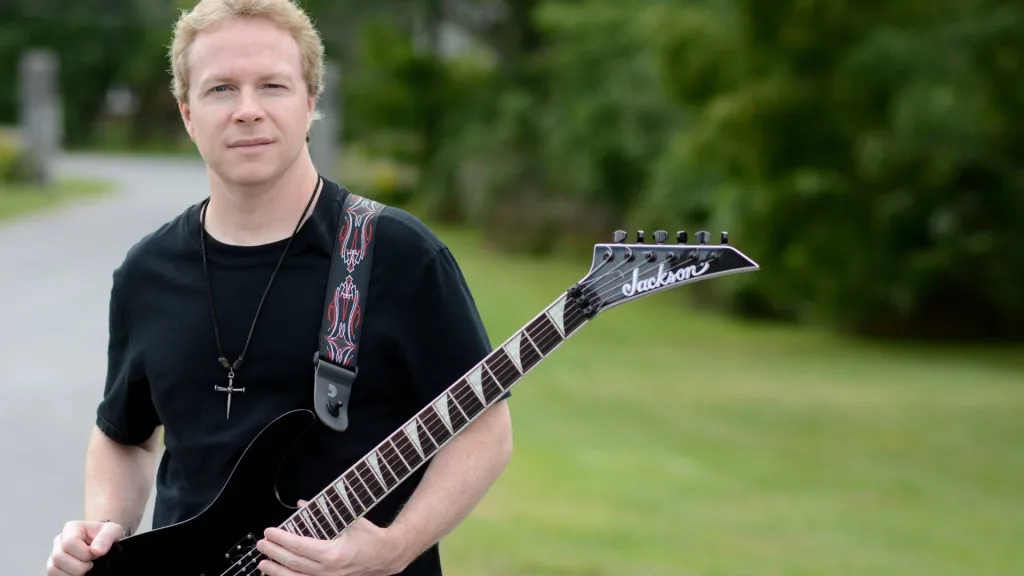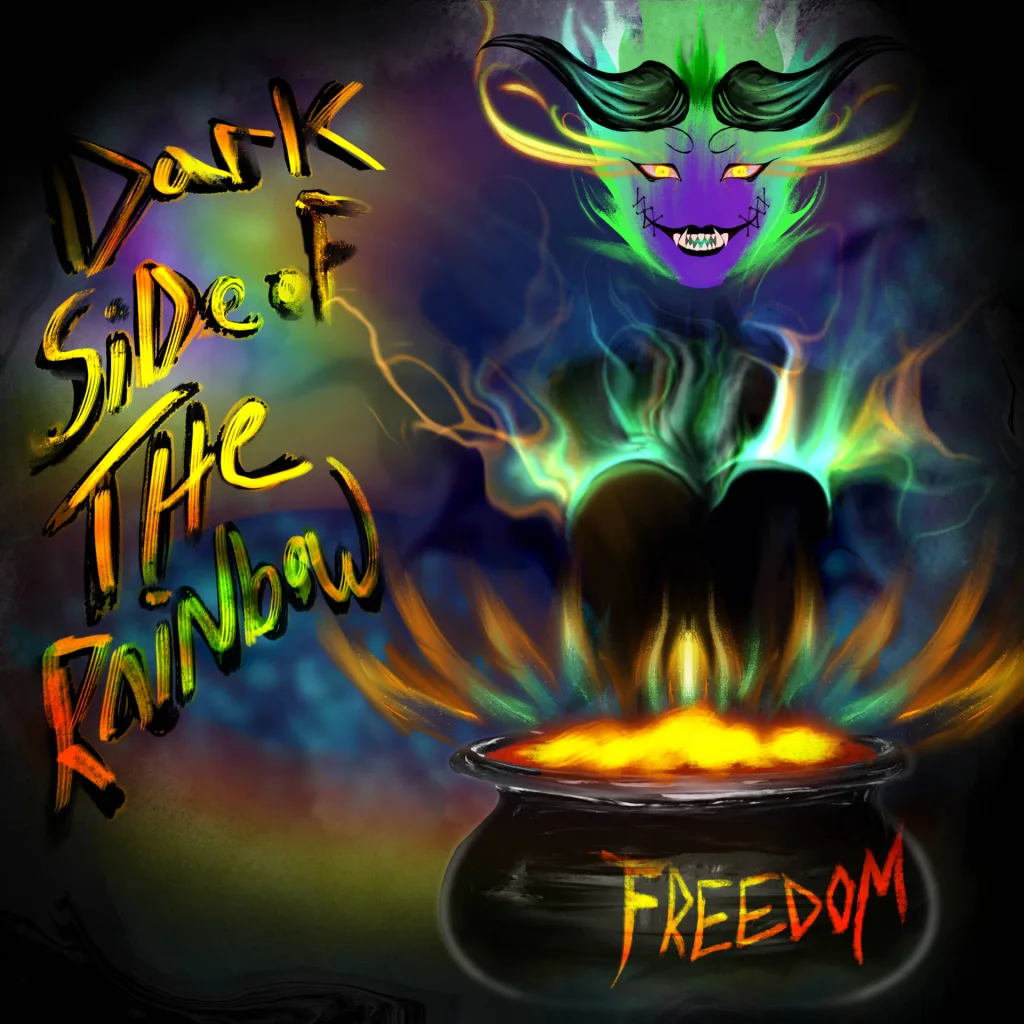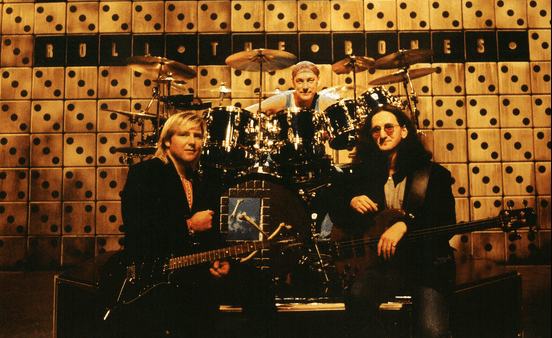Franz Peter Schubert
Written by Ashley Willard on March 2, 2020
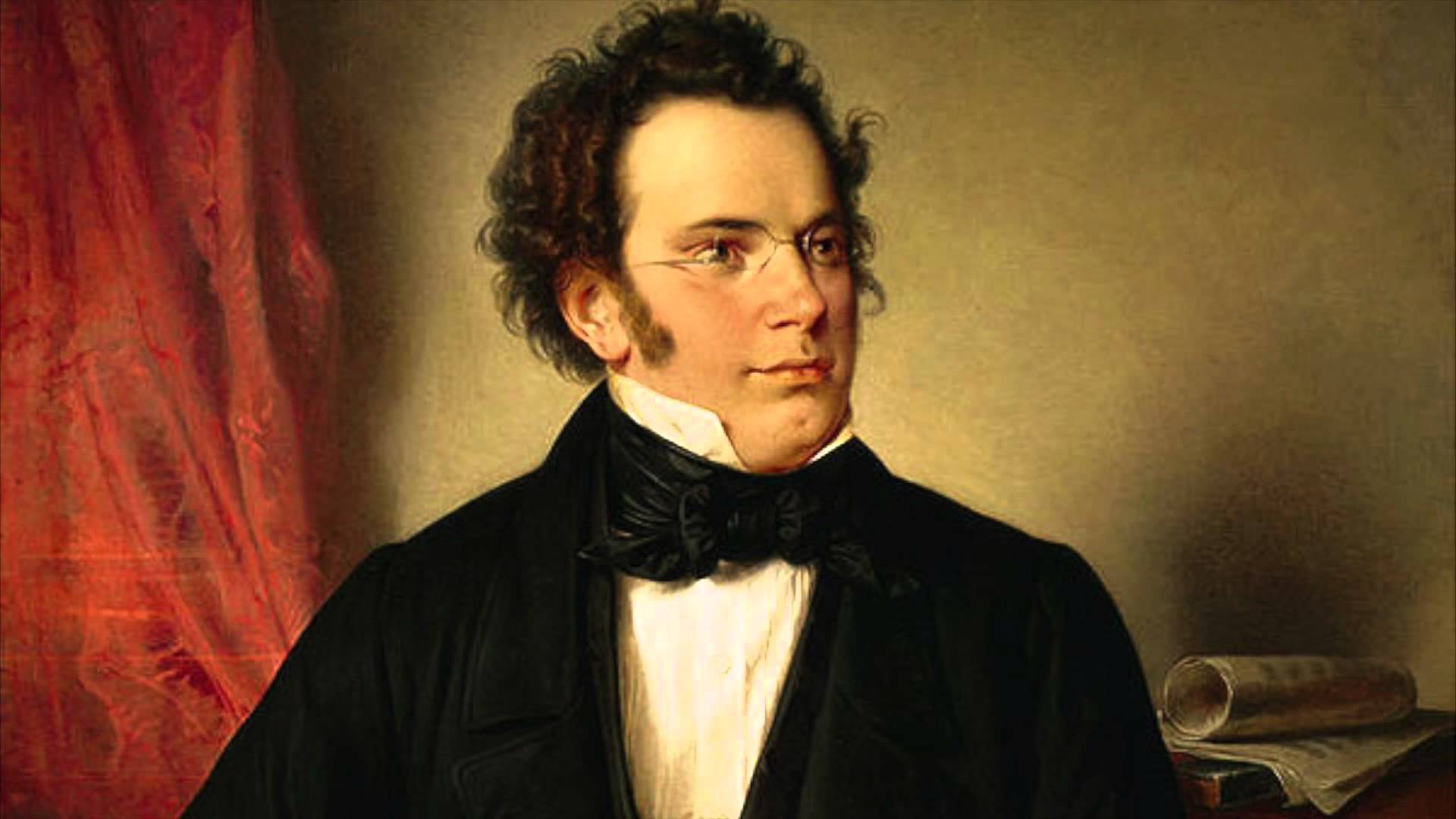
Franz Peter Schubert was a classical Austrian music composer who even though he had a short life and only lived to age 31, is quite famous. He was born Jan. 31, 1797 in Himmelpfortgrund, a suburb of Vienna and died Nov. 19, 1828.
He was one of 14 children, with his father being a schoolmaster named Franz Theodor Florian Schubert and his mother was Maria Elisabeth Katharina Vietz, who before her marriage was a house maid. Sadly 9 of his siblings died in infancy.
Early Childhood
It was noticed that from early childhood, Schubert had a musical talent. He was given violin lessons by his father, as well as piano lessons from a brother. However, they realized shortly that his talents were much better than theirs, so when he was 11 they sent him to Stadkonvikt, where he learned about the music down by famous composers Beethoven, Mozart and Hadyn. He studied there for five years until 1813.
He got lessons from Michael Holzer, an organist and choirmaster of his family’s local parish church in Lichtental prior to going to the Stadkonvikt school. However, Holzer acknowledged that he really didn’t teach the child anything, as he already seemed to be far above Holzer’s talents. Schubert’s first composed music came in this era, as he wrote some string quartet pieces for his family’s quartet for himself and two brothers and father to play together.
Later Life
Once he left Stadkonvikt, he had planned on being a teacher, but he also kept on composing music, and also was a performing member at the Gesellschaft der Musikfreunde. He performed some of his own creations in a concert in March 1826, which sadly was the only time he ever got to perform like this. He died a mere 8 months later due to Typhoid fever, though some say he also had syphilis.
During his short life, Schubert wrote over six hundred secular vocal pieces, as well as seven complete symphonies. He also composed some sacred musical pieces, opera, piano and chamber pieces and incidental music pieces. Some of his most well-known pieces are Piano Quintet in A major, D. 667 (Trout Quintet), as well as Symphony No. 8 in B minor, D. 759 (Unfinished Symphony), and the ”Great” Symphony No. 9 in C major, D. 944. He also wrote 3 piano sonatas (D. 958–960), along with the opera Fierrabras (D. 796). Some of his incidental music includes music for a play called Rosamunde (D. 797), as well as the pieces Die schöne Müllerin (D. 795) and Winterreise (D. 911).
Sadly while he was alive, his work was not admired by many, but after he died he got more famous. Several 19th century famous composers discovered Schubert’s work after his death and became very interested in him, to include Robert Schumann, Johannes Brahms, Franz Liszt and Felix Mendelssohn.
Today, Schubert is considered one of the most famous of all composers.
Best Years
1814 and 1815 were two of Schubert’s biggest years for composing successful pieces. He write “Salve Regina” and “Tantum Ergo” for Therese Grob, who was the daughter of a silk maker. It’s said he wished to make her his wife, but in those days you weren’t allowed to get married due to a consent law requiring the husband to be able to support his wife, and Schubert didn’t make enough money to do so, so they never married.
In 1815 he wrote most of his pieces, to include more than twenty thousand bars of music. Most of this was for the orchestra, as well as some for churches, one symphony and 140 Lieder pieces. In this timeframe he also taught school in order to support himself financially.
The following year Schubert moved in with Schober, who had money and came from a good family. He gave music lessons to the household for a short period of time, but soon dedicated his time to composing music, one piece after another. During this time a lot of his work was never published, but it got passed around with his friends and those who admired his work.
He met Johann Michael Vogl, a baritone singer in 1817 and wrote many different pieces for him to do. Through Vogl, he met Joseph Huttenbrenner, who helped to promote Schubert’s music. In fact, he also was one of the people who helped to collect and preserve Schubert’s music after his death.
Schubert tried to gain membership in the Gesellschaft der Musikfreunde in 1818 so he could have his music performed in some evening concerts, but was turned down due to not being an amateur musician. But in this same year Schubert did manage to get one of his secular musical pieces publicly performed and was praised for it in the Vienna press and elsewhere. He also continued to teach music that year.
Last decade of life
In his last decade of life, Schubert was part of a group of artists who met together in a social gathering called the Schubertiads. He and 4 of the others in the group got arrested in 1820 due to suspicion of participating in revolutionary type activities. One of them was sent to prison for a year, but Schubert managed not to go to prison, but got severely reprimanded, and was said to have used insulting language against the officials.
The few years after that timeframe prior to his death, he wrote several other pieces, but some, such as Fierrabras (D 796) were actually rejected and one was even prohibited by a censor due to its title, which was Die Verschworenen (The Conspirators, D 787).
His last two years of life were spent living in Vienna. In 1826 he did the symphony D. 944 that was later known as the Great C major and dedicated it to the Gesellschaft der Musikfreunde, for which he got an honorarium. Other pieces in 1826 included String Quartet No. 14 in D minor (D. 810), and String Quartet No. 15 in G major, as well as Rondo in B minor for violin and piano (D. 895), and Piano Sonata in G major, (D 894). That year he also did some Shakespearian music, to include “Ständchen” (D. 889) as well as “An Sylvia” (D. 891).
In his next to last year of life, he composed Winterreise (D. 911), as well as Fantasy in C major for violin and piano (D. 934), Impromptus for the piano, along with 2 piano trios (one in B-flat major (D. 898), as well as one written in E flat major, (D. 929). And in his last year of life in 1828 he composed a cantata called Mirjams Siegesgesang (Victory Song of Miriam, D 942) a well as the Mass in E-flat major (D. 950), and Tantum Ergo (D. 962), as well as String Quintet in C major (D. 956), a second “Benedictus” to the Mass in C major (D. 961), and his last 3 piano sonatas.
There’s a memorial to Schubert in Stadpark in Vienna that was erected in 1872 and he will be remembered for all times as a great composer of his time.
